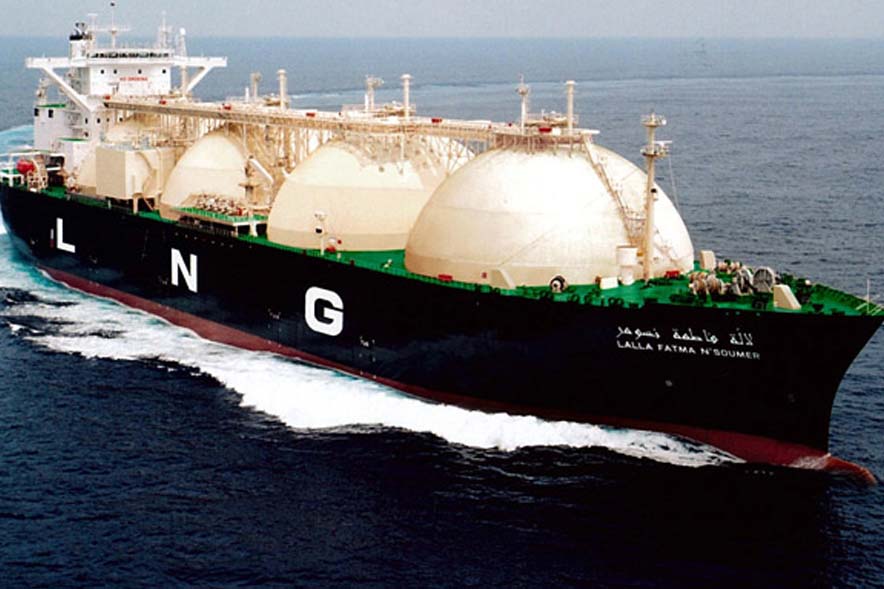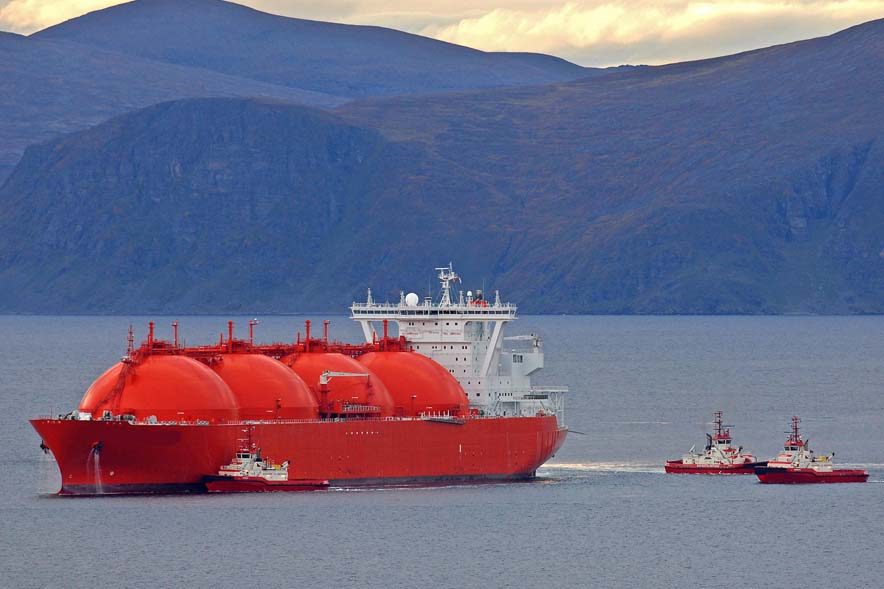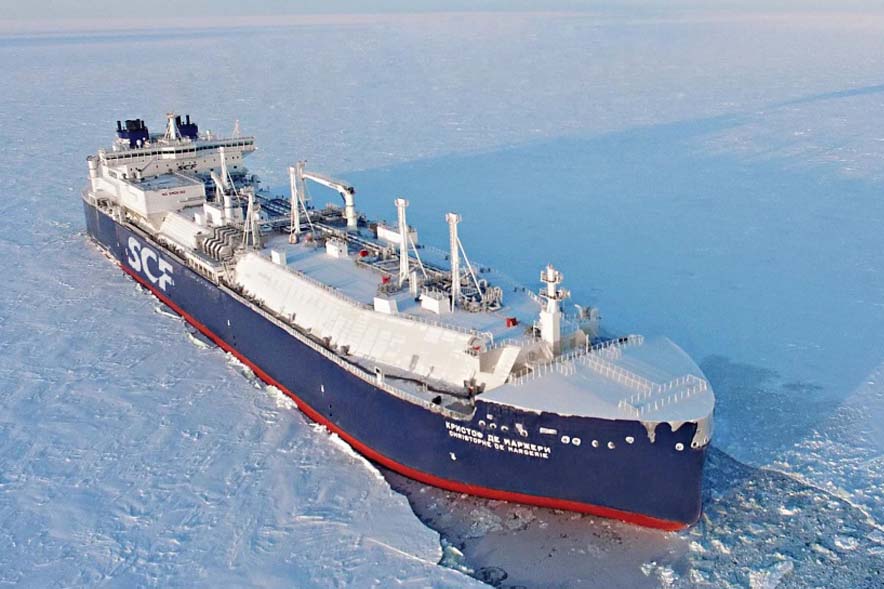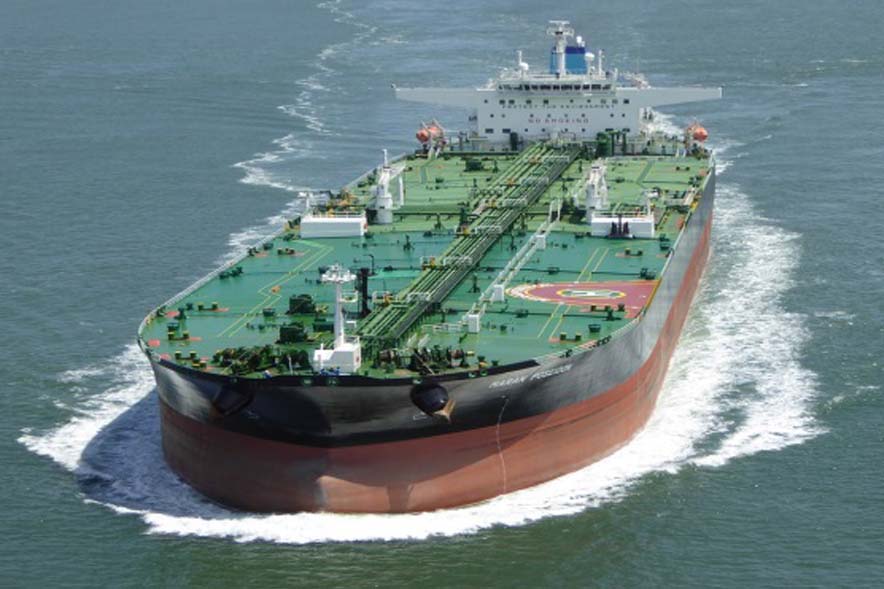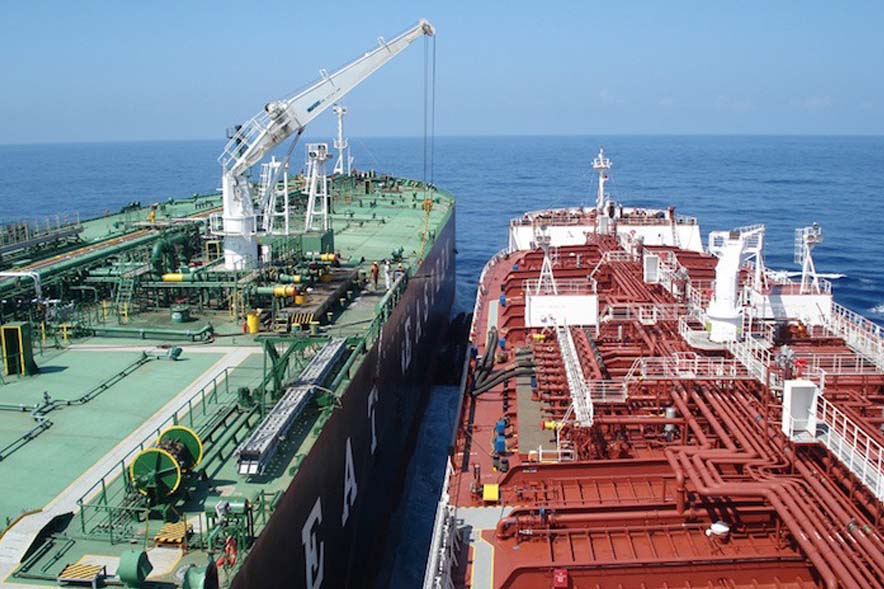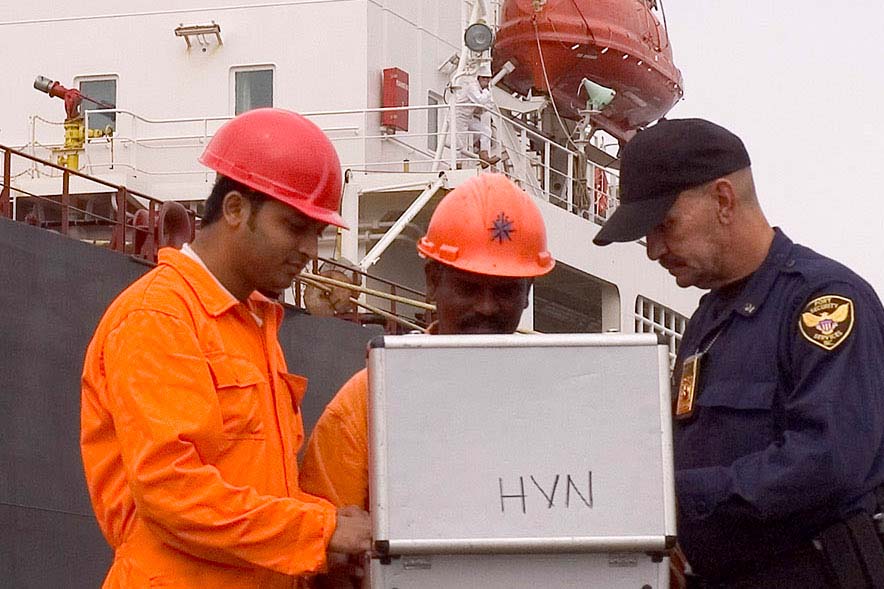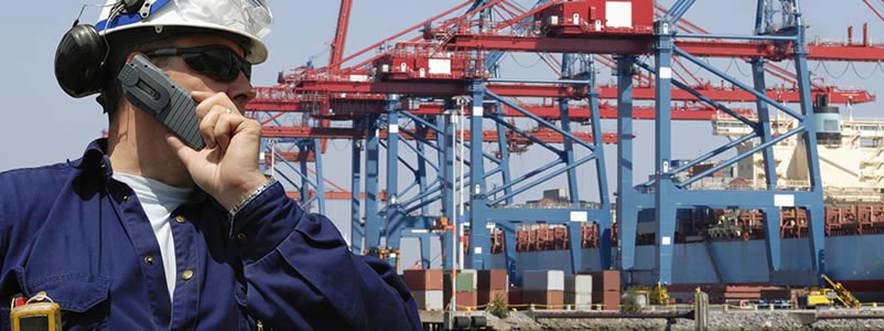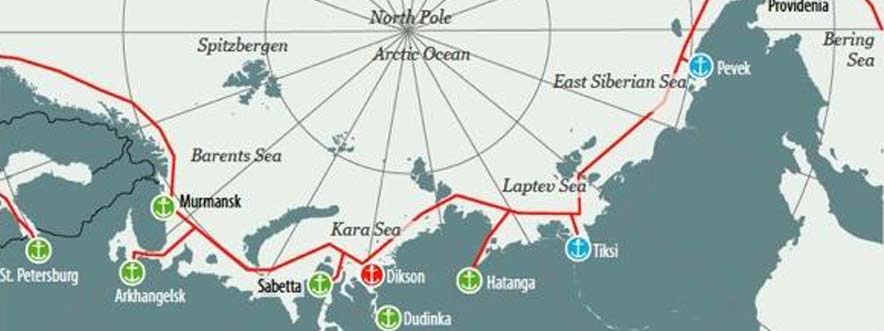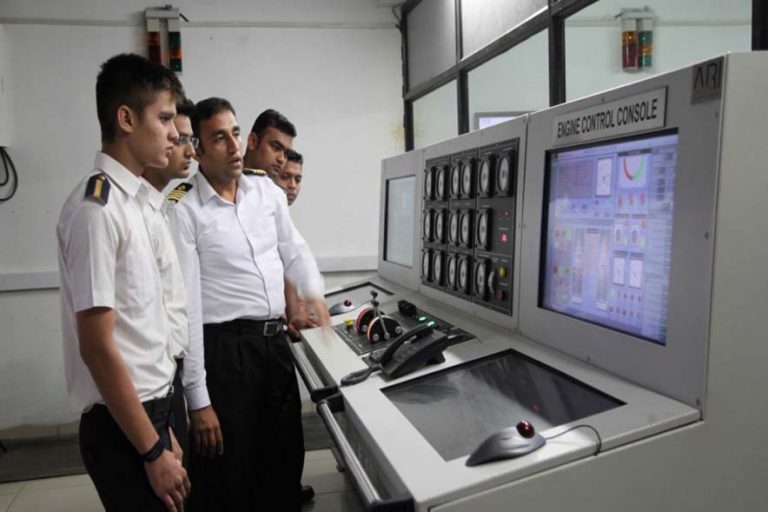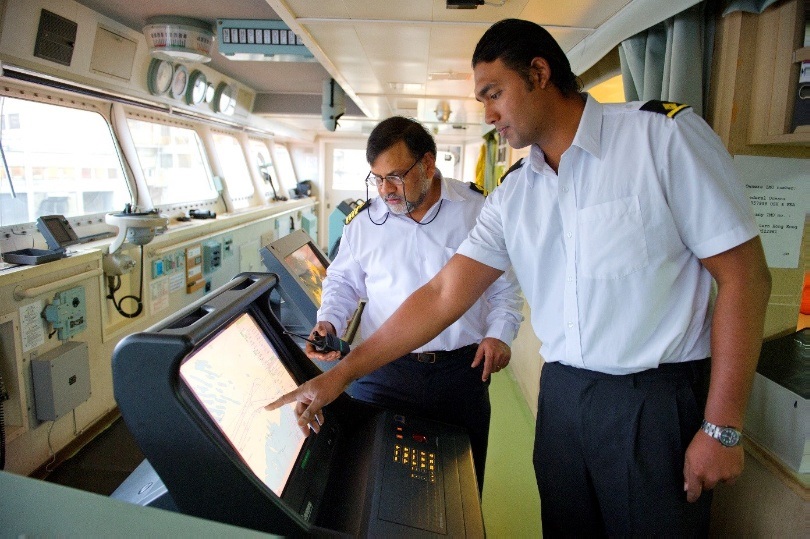STCW Modular Courses for Specialized Ships
STCW Chapter V governs special training requirements for personnel on certain types of ships, as detailed below:
- STCW Code Section A-V/1-1 Chapter V (STCW 2010 Resolution 2): Mandatory minimum requirements for the training and qualifications of Masters, officers and ratings on oil and chemical tankers
- STCW Code Section A-V/1-2 Chapter V (STCW 2010 Resolution 2): Mandatory minimum requirements for the training and qualifications of Masters, officers and ratings on liquefied gas tankers
- STCW Code Section A-V/3 Chapter V (STCW 2010): Mandatory minimum requirements for the training and qualifications of Masters, Officers, Ratings and Other Personnel on Certain Types of Ship (IGF Code)
- STCW Code Section A-V/4 Polar Code (Nov 2016 Amendment): Mandatory minimum requirements for the training and qualifications of Masters and deck officers on ships operating in polar waters
Specialist vessels that carry dangerous cargoes: oil tankers, chemical carriers, liquefied gas carriers and LNG carriers. These require specialist training for the operations and the management level officers, as well as the crew. Due to ships using polar passages, specialized training and ship construction and preparations are required to survive in that environment.
Tank Ship Liquefied Gases
Tank Ship Liquefied Gases course is an online course meeting the STCW requirements for officers and ratings who may not have sailed on board Liquefied Natural Gas (LNG) tanker ships.
Advanced Liquefied Gases
Advanced Liquefied Gases course is an online course for personnel responsible for operating liquefied natural gas carriers (LNGC).
Basic Polar Code Operations
The Basic Polar Code Operations course meets the STCW mandatory minimum requirements for training and qualification of masters and officers on board ships operating in polar waters.
Tank Ship Dangerous Liquids
Tank Ship Dangerous Liquids online course meets the necessary training for candidates to serve on oil tankers in a capacity other than master
Advanced Dangerous Liquids
The Advanced Dangerous Liquids is an online course that prepares candidates to serve as the Person-In-Charge of Tanker and / or Barge Operations, including loading
Security Training for Vessel Personnel with Designated Security Duties (VPDSD) (Online)
A vessel security plan (VSP) is required for all ships today. This course will help candidates to demonstrate sufficient knowledge to undertake the duties assigned under the VSP.
Vessel Security Officer (VSO) (Online)
The Vessel Security Officer (VSO) course will satisfy the following: – training requirements of 33 CFR 104.215(d)(1)(iv), and – STCW Code Section A-VI/5 for an STCW endorsement as Vessel Security Officer.
Advanced Training for Polar Operations (Polar Code)
The Advanced Training for Polar Operations (Polar Code) course is designed to provide an advanced training for those mariners involved in working on vessels in polar waters as senior navigating officers.
Engine Room Resource Management (ERM)
Engine Room Resource Management (ERM) is an online course is designed to provide an officer in charge of an engineering watch (OICEW) an understanding of the proper
High Voltage Safety
The High Voltage Safety course has been designed to satisfy the HV requirements laid out in the Standards of Training, Certification and Watchkeeping (STCW), Manila Amendments.
Leadership and Teamwork Skills
The Leadership and Teamworking Skills standards of competence required by 46 CFR 11.309(c)(1) and 11.319(b)(1); STCW Code Section A-II/1 and Table A-II/1, as amended 2010, meeting the National Assessment Guidelines from NVICs 12-14(Ch-4) and 02-18(Ch-1) Tasks 17.1.A, 18.1.A, 18.2.A.
Leadership and Managerial Skills
The Leadership and Teamworking Skills standards of competence required by 46 CFR 11.309(c)(1) and 11.319(b)(1); STCW Code Section A-II/1 and Table A-II/1, as amended 2010, meeting the National Assessment Guidelines from NVICs 12-14(Ch-4) and 02-18(Ch-1) Tasks 17.1.A, 18.1.A, 18.2.A.
Maritime Security Awareness
The Security Awareness requirements of 46 CFR 12.627(a)(1); AND The Security Awareness standards of competence required by STCW Code Section AVI/6 paragraph 4 and Table A-VI/6-1, as amended 2010, meeting the National Assessment Guidelines from NVIC 21-14(Ch-1).

